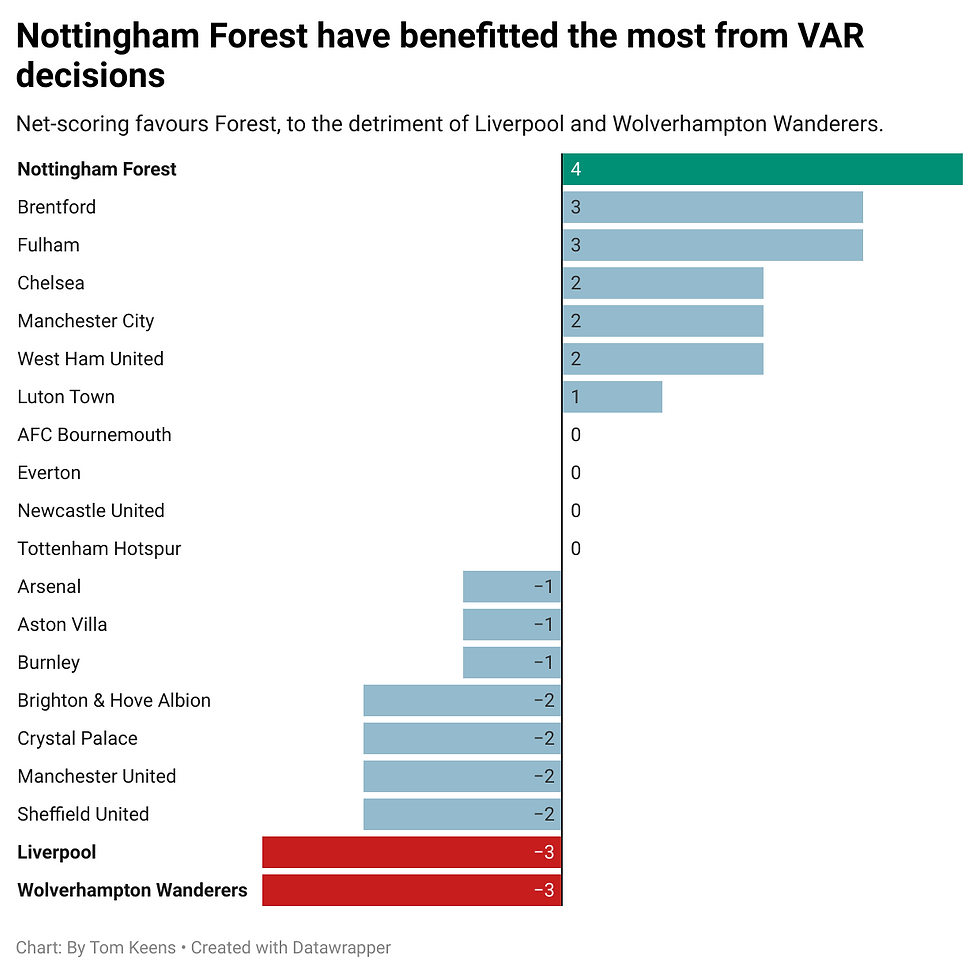A look at Sunderland's Tony Mowbray (written for bcfc.com)
- Tom Keens
- Nov 13, 2023
- 3 min read
Dugout watch: Sunderland
Ahead of Blues' match against Sunderland in the Sky Bet Championship, BCFC.com has charted the career of the opposition's Head Coach.
Tony Mowbray was introduced to the technical area midway through the first year of the new Millennium at Ipswich Town after retiring as captain of Birmingham City's most recent opponents. There he would work under long-serving boss George Burley until October 2002, briefly stepping up as caretaker manager prior to the appointment of Joe Royle later that month.
He earned his first permanent role as head coach of Hibernian in May 2004, picking up the Scottish Football Writers’ Association Manager of the Year award at the end of his first campaign. In both of his full seasons leading the Easter Road club, his team finished inside the top four, whilst the Cabbage also performed well in the domestic cup competitions under the Englishman, reaching the latter stages of both the Scottish Cup and League Cup.
Despite a one-year extension to his contract, Mowbray returned to England the following October to take the reins at West Bromwich Albion who were seeking a Premier League return following relegation the previous season. He addressed their poor away form and secured a fourth-place finish before leading them past local rivals Wolverhampton Wanderers, only to be beaten by Derby County at Wembley Stadium.
The next term, Albion received plaudits for their passing philosophy and went on to lift the title alongside reaching the FA Cup Semi-Finals, where they lost out to eventual winners Portsmouth. Mowbray was named the League Managers Association Manager of the Year but his heroics could not be repeated the following season as they finished bottom of the Premier League, although fans showed support by wearing masks depicting Mowbray’s face during their last game.

Having made 77 appearances for Celtic as a player, Mowbray returned to the club in June 2009. But after being recognised by the league for his efforts in August things slowly unravelled and the Hoops found themselves 10 points behind Old Firm rivals Rangers by the end of January. Struggling to find an upturn in results, particularly a record 4-0 defeat to St Mirren, he was sacked in March 2010.
The man from Saltburn headed back to his roots the following October to join bottom of the Championship Middlesbrough. At another club from his playing days, Mowbray made a positive impact at the Riverside to finish in 12th place. There was then a strong start to 2011/12 but after winding up in seventh, and struggling to take off the following term, he was dismissed in October 2013.
Following four months away from the game, he was tasked with keeping Coventry City in League One and secured a final-day victory at Crawley Town, avoiding the prospect of relegation to the fourth tier for the first time since the 1950s. This earned him a two-year contract extension and he would stay in the West Midlands until September 2016.

His next role on the touchline would be the longest to date, dedicating five years to Blackburn Rovers. Similarly to his mission at Coventry, the Blue and Whites were facing the drop. Unfortunately, Rovers proved too far gone in the 2016/17 Championship battleground but Mowbray was trusted with guiding the club straight back up, doing so in a single season - sealing promotion thanks to a 0-1 win over Doncaster Rovers.
He went on to stay at Ewood Park for another four seasons, healthily retaining second-tier status until his departure in May 2022.

Last season, he led Sunderland to the Championship Play-Offs but they lost 3-2 on aggregate versus Luton Town at the semi-final stage. This time around, Mowbray’s team have collected seven wins from their first 15 games and are four points above Blues.
As a player, he spent almost a decade on Teesside and adopted the nickname Mogga from the affectionate Middlesbrough support, captaining them from the age of 22 and leading them from liquidation in 1986 to the top flight via successive promotions. A local fanzine called Fly Me to the Moon is named after a quote from erstwhile Boro boss, Bruce Rioch, who once declared “If I had to fly to the moon I’d take Tony Mowbray, my captain, with me.” The skipper made 348 appearances for the club before moving to Celtic in 1991 for four years.

Ipswich became Mowbray’s third and final club as a player in 1995. He was given the armband during his five-season stay at Portman Road and scored a crucial equaliser in the 2000 Division One Play-off final against Barnsley. The Tractor Boys won the match 4-2 to secure promotion to the Premiership, in what would be both Mowbray’s first Wembley appearance and the last match of his on-field career.



Comments